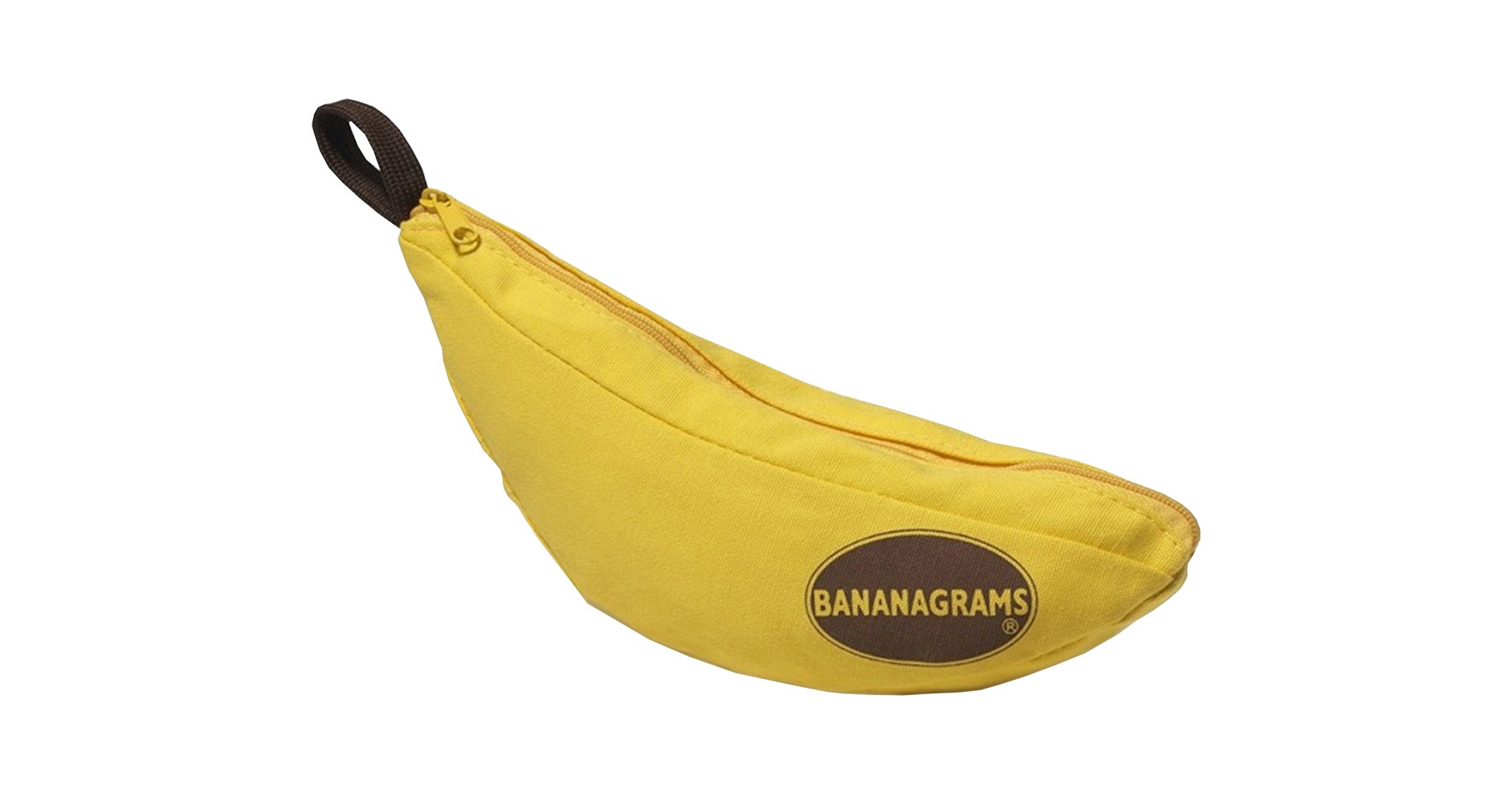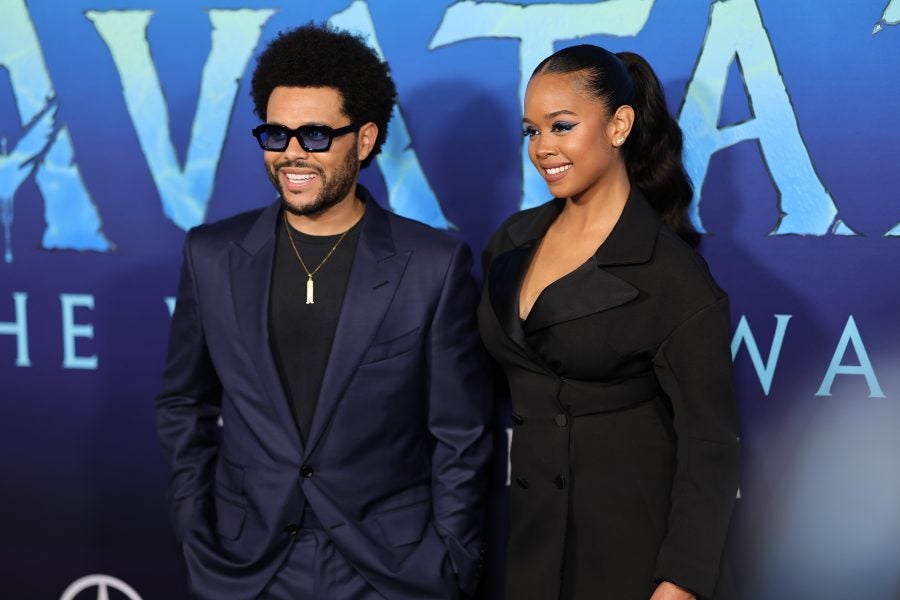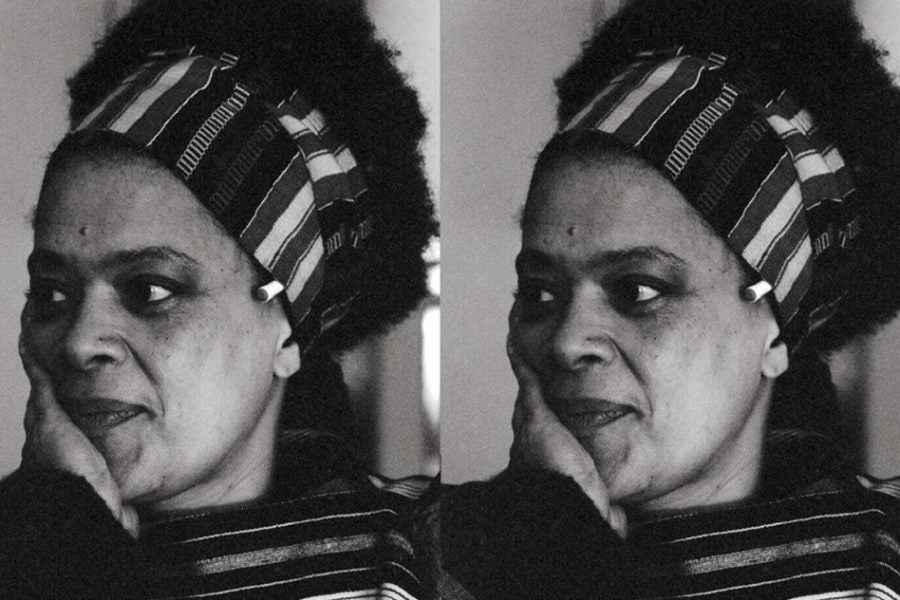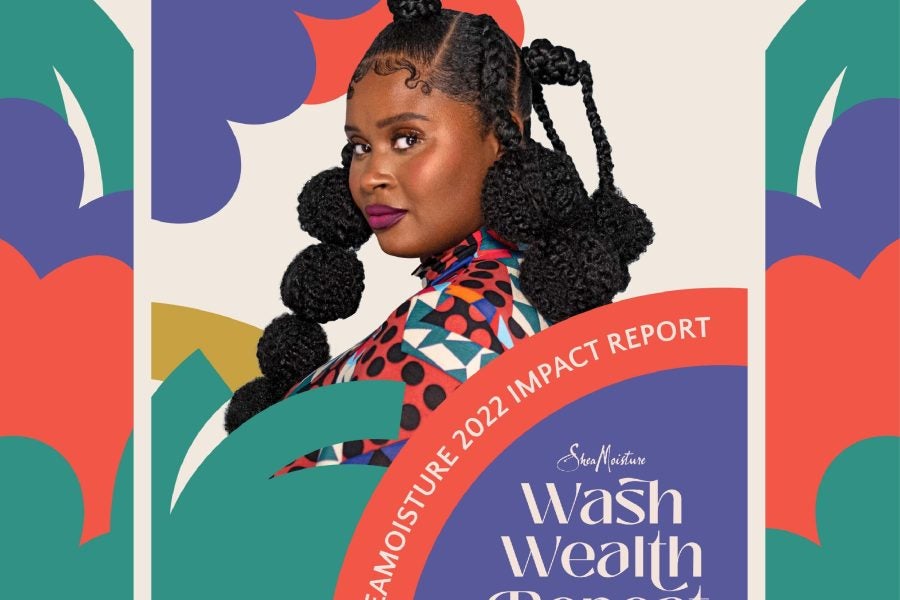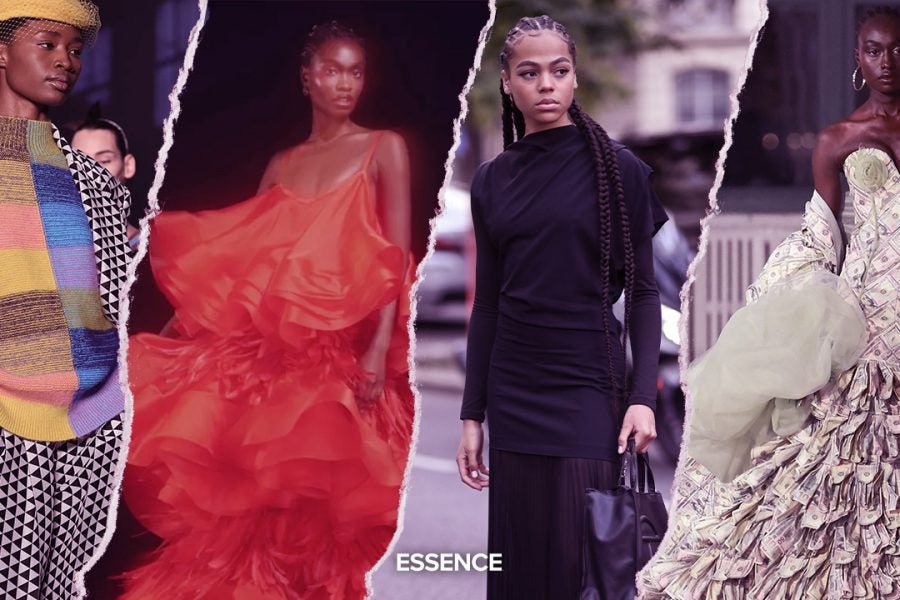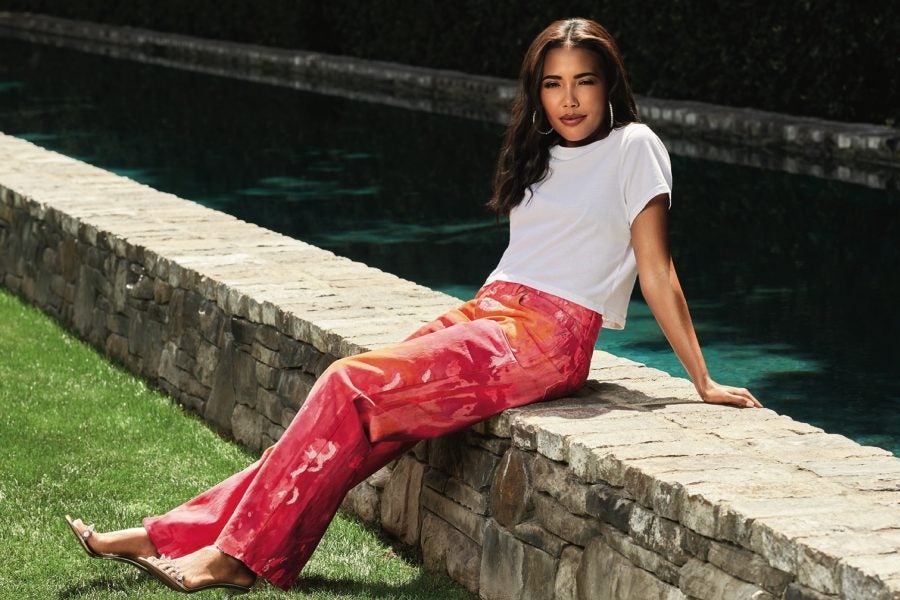
Countless brands have begun receiving more of my support the moment I found out a Black woman was at the helm. Good
American and Skims were two of these—and the woman leading them? Emma Grede.
“I’ve had a job since I was 12 years old,” Grede tells me as we sit amid the lush greenery adorning her Bel Air patio. Raised in East London by a single mother, the daughter of Jamaican and Trinidadian immigrants soon chose entrepreneurship—rejecting the experi- ence of being undervalued and under- paid. “For me, starting my own business was something that I fell into because I didn’t think that I was being treated fairly,” she says.
Establishing her talent-management and entertainment-marketing agency, Independent Talent Brand (ITB) World- wide, at just 24, she admits that she made quite a few missteps. But just as the TikToks of today encourage Black women to “be delusional” and “fanta- size their lives,” Grede is in agreement that a level of fearlessness pays off.
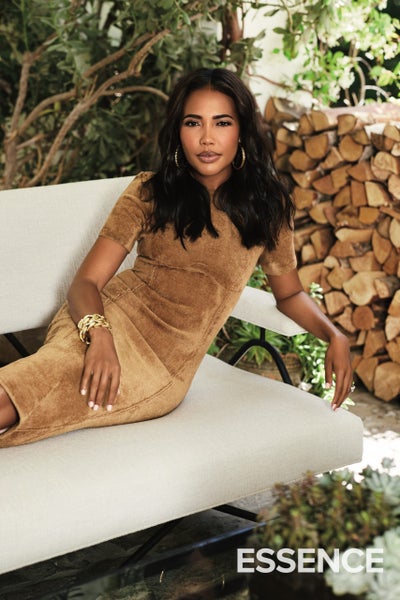
“Naivety is a fantastic thing,” she says. “I made all of those classic early mistakes, but that time really taught me how to leverage talent for the sake of a brand. If I hadn’t taken big risks then, I would never be where I am today, and I would never have understood how to create working partnerships.”
That skill proved beneficial in 2015, when she came up with the idea for denim brand Good American. After years of building a rapport with Kris Jenner and working with every Kar- dashian sister except Khloé, Grede proposed an idea to Jenner that would end up bridging that last gap. “I said, ‘Listen, I’ve got this idea, and I really feel like the movement around inclu- sivity is going to become something,’” she recalls. “At the time I don’t even think body positivity was a term— we’re talking seven years ago.” Jenner told Grede to let her know the next time she’d be in Los Angeles, so she could arrange a pitch meeting with Khloé. Grede, who actually had no plan to travel across the pond from London in the near future, immediately responded: “I’ll be there next week.” The rest is fashion history.
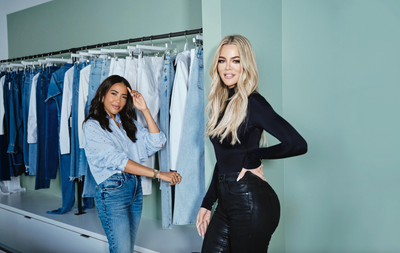
“It sounds cliché, but she [Khloé]re- ally did finish my sentences,” Grede says of her current business partner. “And she’d had plenty of experiences where she’d been overlooked because of her size.” Their brand was an instant success—praised for hugging curves in all the right places, eliminating that annoying gap in the back and coming in an expansive size range. Upon its launch in 2016, the brand’s first-day numbers were $1 million on denim alone. Two years later, the line expanded into athleisure, ready-to- wear, dresses and shoes. The success of Good American marked the begin- ning of a successful marriage between Grede and the Kardashian-Jenner clan: Grede went on to be a founding part- ner of Kim Kardashian’s Skims and the Chief Product Officer of Safely, Kris Jenner and Chrissy Teigen’s plant- based cleaning and self-care products.
While Grede’s long-standing love for fashion may be what drives her endeavors, it was her business savvy
that propelled her onto the small screen. In 2021, she became the first Black female investor on the hit ABC show Shark Tank—a moment she didn’t take lightly. “Of course there was that pressure of me thinking, Well, I’m not sure I’m the Black woman that every- body wants to see on that show,” she says candidly. “I’m English, I don’t have the same history and the same back- ground, and I didn’t want to be a let- down.” She was anything but, with all six of her investments going to brands founded by Black women.
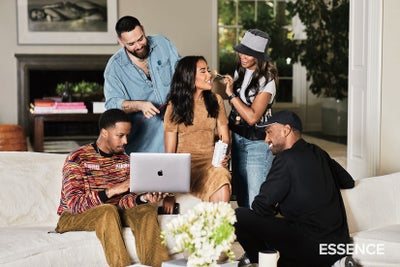
“I went on with a specific mission,” she explains. “I said any Black woman who comes in front of me, that is where my energy is going to go.” Her passion for ensuring that Black women con- tinue to secure equity didn’t stop there: Grede currently serves as chairwoman of the 15 Percent Pledge, a non-profit organization that works with retailers to pledge at least 15 percent of their shelf space to Black-owned businesses. “We’re trying to close the racial wealth gap,” she says. “I’m in a position where I can get people on the phone, so I’m always going to make sh*t happen. Moving to this country has been an eye-opener for me—and has unlocked something in me that has created a dif- ferent set of ambitions in my life.”
“The first interview I ever did here, with a U.S. publication, they asked what it’s like to be a Black woman in business. That’s a question that I’d never been asked before, and I’d been doing press for five years prior in London. ”
These ambitions will ultimately make way for a better world for her 8-year-old son, Grey, 7-year-old daughter, Lola, and 8-month-old twins (a boy and a girl), Lake and Rafferty, whom she’s raising with her husband, Jens Grede. When speaking about Jens, himself a force in the fashion world, Grede can’t help brimming with admiration (while I can’t help gawking at her flawless diamond ring).
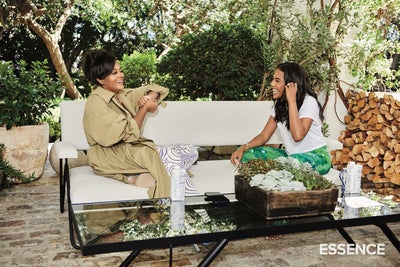
Jens has been her biggest supporter. “I married a Swedish man—which, if you know Swedes, they’re the most progressive, feminist society ever,” she says. He also affirms her belief that there’s no reason to juggle it all alone. “I’m very unashamed of having help,” she says. “It really takes a village, and I pay the village to help me get to where I need to go. I have nannies, and they are honestly the most important people in my life outside of my husband and my children.” But at the end of the day, her partnership reigns supreme. “Every- body goes home at some point, and you need someone who’s gonna meet you halfway—that’s Jens.”
During an interview that was sup- posed to be 20 minutes but turned into an hour, it became abundantly clear that everything Grede does is with Black women in mind—and it’s not for show. “I say all the time that representation matters,” she says. “But it’s only the start of the story. We can all put Black women in our campaigns, but what happens after that? Are you paying Black women fairly in your business? Are you actually giving them the opportunity to be on the management team or to be at board level? Are they progressing as quickly as other groups in the business? Representation absolutely matters, but it’s the intentionality and transparency of it all.”
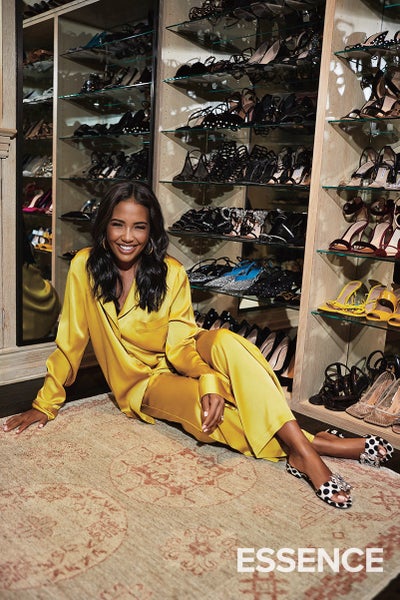
On that note, I say bring on more Good American and Skims.


